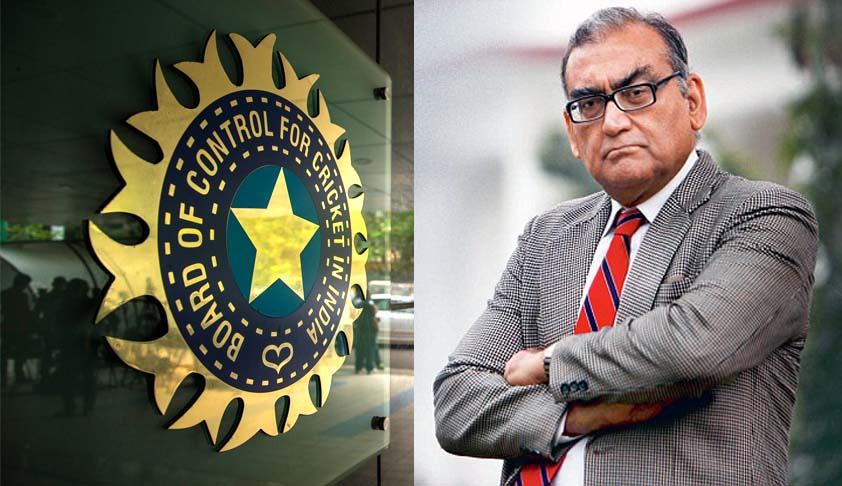BCCI appoints Justice Katju to learn implications of Lodha recommendations
LIVELAW NEWS NETWORK
2 Aug 2016 8:14 PM IST

Next Story
2 Aug 2016 8:14 PM IST
Four-member legal panel headed by Katju will also interact with the Lodha panel on various contentious recommendations.Former Supreme Court judge Justice Markandey Katju was today appointed as the head of a four-member legal panel to help BCCI understand the implications of sweeping reforms suggested by the Justice Lodha Committee in its structure and functioning which on July 18 was...
